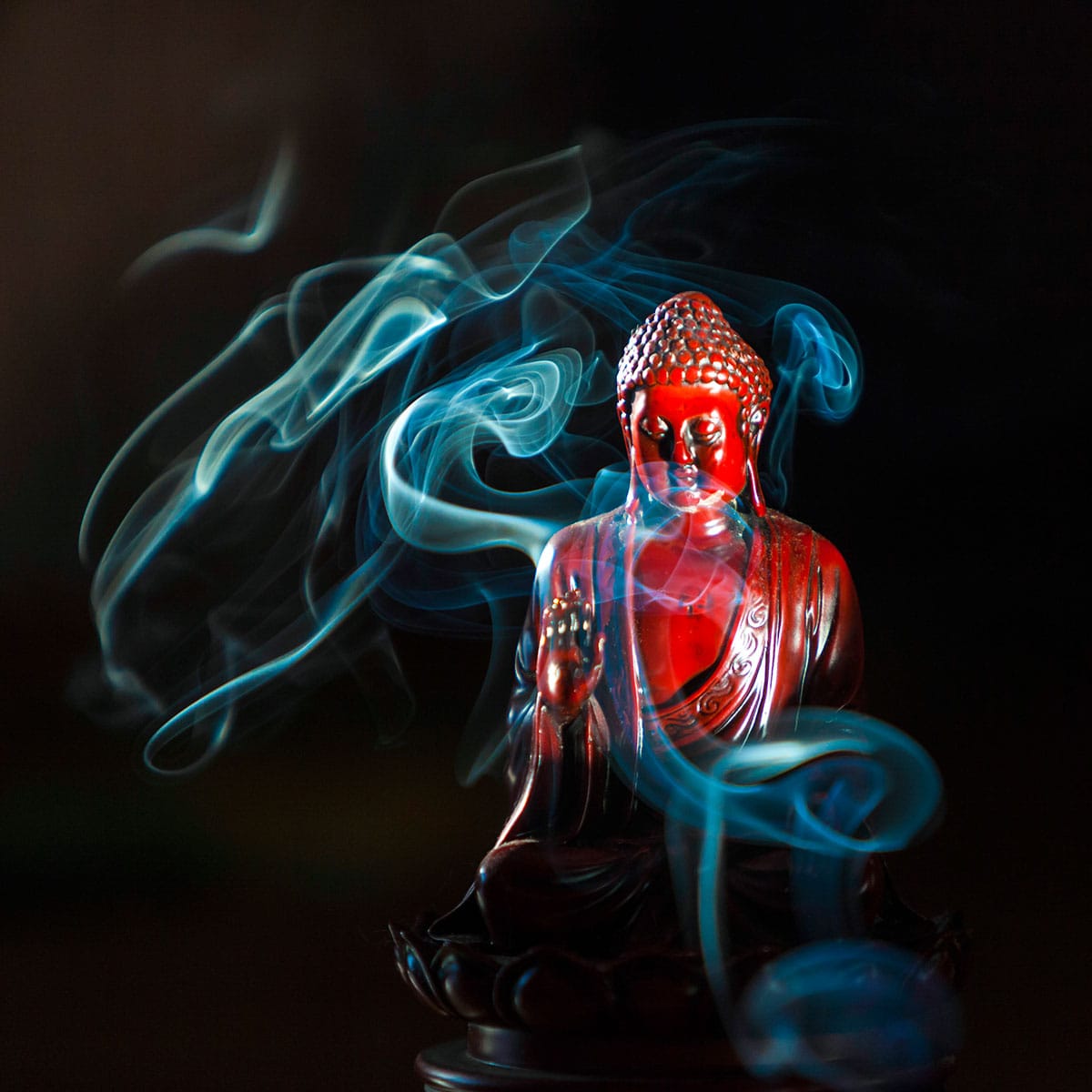Patrice Clark Koelsch reimagines the five precepts to apply when engaging in morally-charged activist settings.
When We Do Harm
Avery Grace reflects on what to do when we harm others, how we can move forward, and the compassion we need for ourselves to do better.
To Practice Mindfulness Is to Return to Life
Thich Nhat Hanh says that mindfulness shows us the suffering of life and connects us with compassion.
What Are the Five Precepts?
How can Buddhists know if their life is an ethical one? By keeping the five precepts, a set of guidelines for those who wish to do no harm.
Ethical Conduct Is the Essence of Dharma Practice
The Dalai Lama and Thubten Chodron outline three levels of Buddhist ethical codes and how we can follow them.
Theravada Practice Off the Cushion
A roundtable discussion with Gil Fronsdal, Michael Liebenson Grady and Marcia Rose. Introduction by Thanissaro Bhikkhu
The Buddha’s Training Wheels
Zachary Bremmer explains why we should approach the five precepts as training wheels to guide our practice.
A Buddhist pot-smoker on quitting weed
 Photo by Richard Baxter.
Photo by Richard Baxter.Pot use is having its moment, finding new acceptance across America. So why, after a long love affair with weed, has this Buddhist kicked it to the curb?
Bearing Witness to All of Life
Roshi Bernie Glassman on the three pure precepts — cease from evil, do good, and do good for others — and why they all come down to one point.
The Five Mindfulness Trainings
Thich Nhat Hanh’s Five Mindfulness Trainings are are based on the Buddha’s five precepts and translated for modern times. Their nature is universal.










